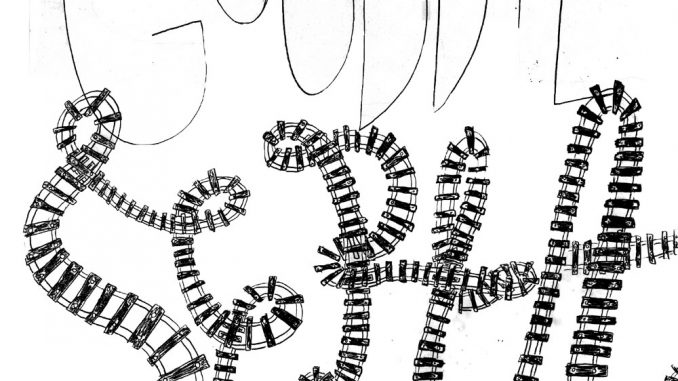

According to a recent SEPTA press release, Regional Rail ridership during the fiscal year 2013 totaled almost 400 million, the highest rate in its history. Last year, the service received the “Outstanding Public Transportation System Achievement” award from the American Public Transportation Association. These are phenomenal statistics for a transportation system that serves one of the largest cities in the country.
However, without proper funding, the rails will go, and with them the safety and savings of Temple students.
SEPTA is having a difficult time convincing state legislators of one of the service’s most salient problems: funding. And these legislators have only danced around brainstorming a plausible solution.
On Sept. 12, SEPTA’s General Manager Joseph Casey shocked SEPTA users and the state government when he pleaded for the transit service to receive $6.5 billion in financial assistance during a period of 10 years. If not, Casey said SEPTA will enact a “service realignment plan,” suspending nine out of 13 Regional Rail lines – Cynwyd, Media-Elwyn, Chestnut Hill West, Chestnut Hill East, West Trenton, Airport, Warminster, Marcus Hook-Wilmington and Fox Chase. The plan is also known as the “doomsday budget.”
The Regional Rail suspensions would begin with Cynwyd next year and continue throughout the next 10 years.
According to SEPTA’s website, the system’s concerns primarily lie with how to maintain an effective service with the “lowest level of capital funding for SEPTA in 15 years” and “all-time high [ridership levels] on Regional Rail last year.”
But how can SEPTA provide “safe and reliable operations” when essential rail infrastructure, such as century-old bridges and decrepit cars, needs attention?
For working adults and students, a cut to these rail lines would contribute to more stress and longer morning and evening commutes by car.
Commuters have long been part of the fabric at Temple, often prompting some to refer to it, still, as a commuter school. Eliminating the lines would leave commuters in an odd predicament – the routes they had grown accustomed to would be gone.
Although some students may miss the Regional Rail’s tranquility, safety is a more pressing issue. Some Temple students said taking the subway or buses at night could pose security concerns, especially if they are alone.
Furthermore, students who are not commuters often rely on Regional Rail to get them to work and bring them back to campus late at night.
One student, a sophomore biology major who wished to remain anonymous, said she uses Regional Rail to go to her job at a restaurant in Center City.
“The train feels a lot safer,” the student said. “There’s a lot more people on it most of the time and official personnel, like conductors.”
The affordability of the Regional Rail system is also another issue. Regional Rail lines provide a reasonably priced alternative to driving, which is usually more time-consuming, inconvenient and expensive, especially for students who commute from the city’s numerous suburbs. For example, a guaranteed access parking pass on Main Campus costs $240 per semester, with full overnight rates costing $400 per semester.
Freshman Babar Ahmed, who commutes to Temple by car, said there would be additional stress imposed upon students, as finding alternate bus routes would “just make life harder.”
“You’ll still get to classes, but you’ll be late, tired – and it’ll affect your grades [and] your education,” he added.
If some Regional Rail users were to opt for buses in place of the suspended rail, it could significantly increase the commute time.
For instance, a commuter using the West Trenton line would have to resort to driving or even living on campus, spending thousands on room and board in the process, because there are no SEPTA buses running in that area.
Without proper funding, there could be a potential disaster on hand for students hoping to commute in the future. Temple students who would be affected by this change may need to plan for a derailment of their certainty and comfort in the coming years.
Romsin McQuade can be reached at romsin.mcquade@temple.edu.



Be the first to comment